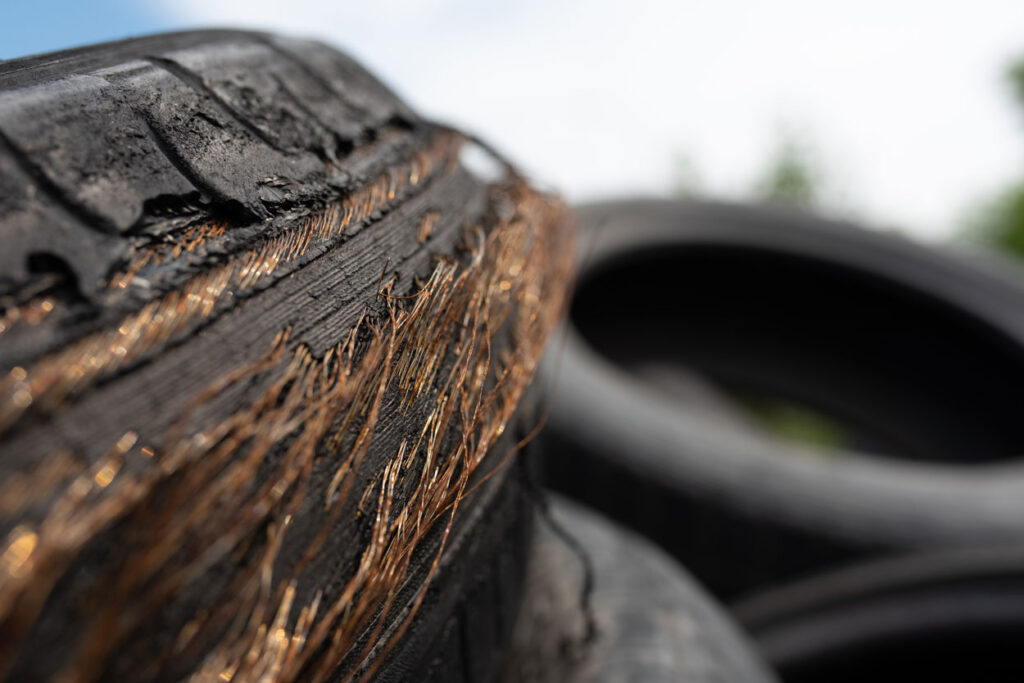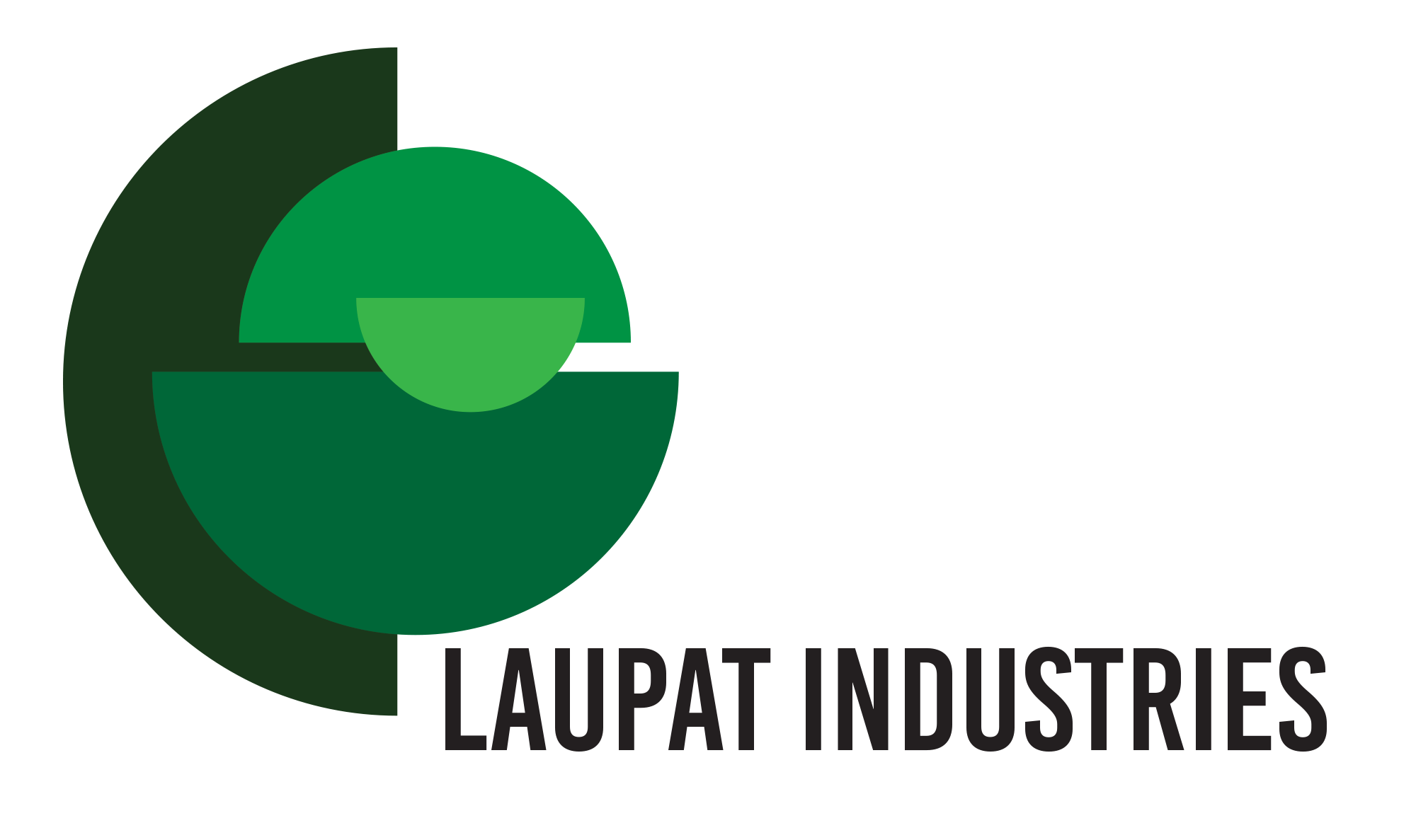
Depolymerization of End of Life Tyres (ELT’s) to renewables
Integrated Facility for Chemical Recycling
Problem
With more than 1 billion tyres produced per year, it is an industry with a big waste challenge. There is a tyre landfill in Kuwait so big that it can be seen from space. Millions of old car, bus, tractor and truck tyres are dumped here after reaching the end of their life (End-to-Life-Tyres). Millions of tyres languish in “graveyards” around the world, creating a fire hazard and a long-term global environmental hazard and causing a long-term global environmental problem.
Mision
Implementing our depolymerisation technology globally to make sustainable products as monomers for the production of new plastics and petrochemicals, from what is now called a problematic waste stream.
Vision
An economically viable solution exists to recycle rubber tyres effectively, by converting them into high-quality oil, carbon and steel. We strive to reduce pollution caused by the landfilling and incineration of “ELT” rubber tyres, as this is a valuable raw material. Our technology recycles 100% of each tyre and offers enormous potential.
Development
The process is completely emission-free (no CO2 emissions) because all the vapours are collected and condensed. The exhaust stream is cooled and washed before being released, keeping it well below the required limits. The oil produced by this process is a bio-rare oil, similar to diesel. This oil can be blended with fossil fuel, resulting in no loss of performance and 30% less nitrogen dioxide in exhaust emissions.
All types of tyres were tested, including aircraft and tractor tyres.
We want to write the future of tyre removals!
Market needs
Rubber tyres are almost not recycled. More than 80% of this mountain of waste still ends up in landfilles or waste incinerators. Depolymerization (chemical recycling) is therefore the suitable solution.
This is not the cherry on the cake, but the cake itself….
Rubber tyres
IELT Rubber Tyres => Increasing Problem
European countries now have to deal with their own ELT’s themselves; and must act quickly because the mountain of waste is growing fast.
Market maps
Laws and regulations are not yet fully adapted to the circular economy. On the other hand, the availability of ELT rubber tyres is over-represented because many countries have banned the import/export of these ELT’s.
Solutions
LAUPAT INDUSTRIES BV offers a scalable solution for Governments and owners of ELT rubber tyres. A typical 10 kg car tyre provides 4 liters of oil, 4 kg carbon and 2 kg of steel. A 70 kg truck tyre provides 27 liter oil, 28 kg of carbon, 15 kg of steel and an oversized 4-ton dump truck tyre produces 1.6 tonnes of carbon, 0,8 tonnes of steel and 1,500 liters of oil.
